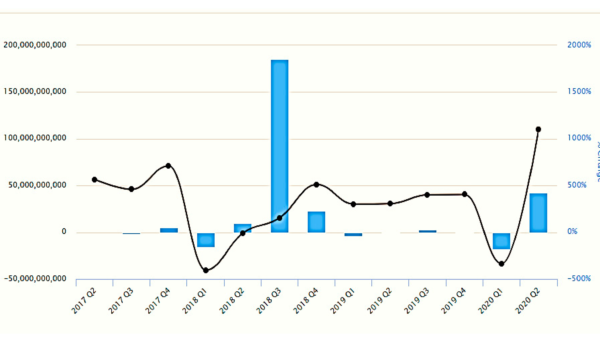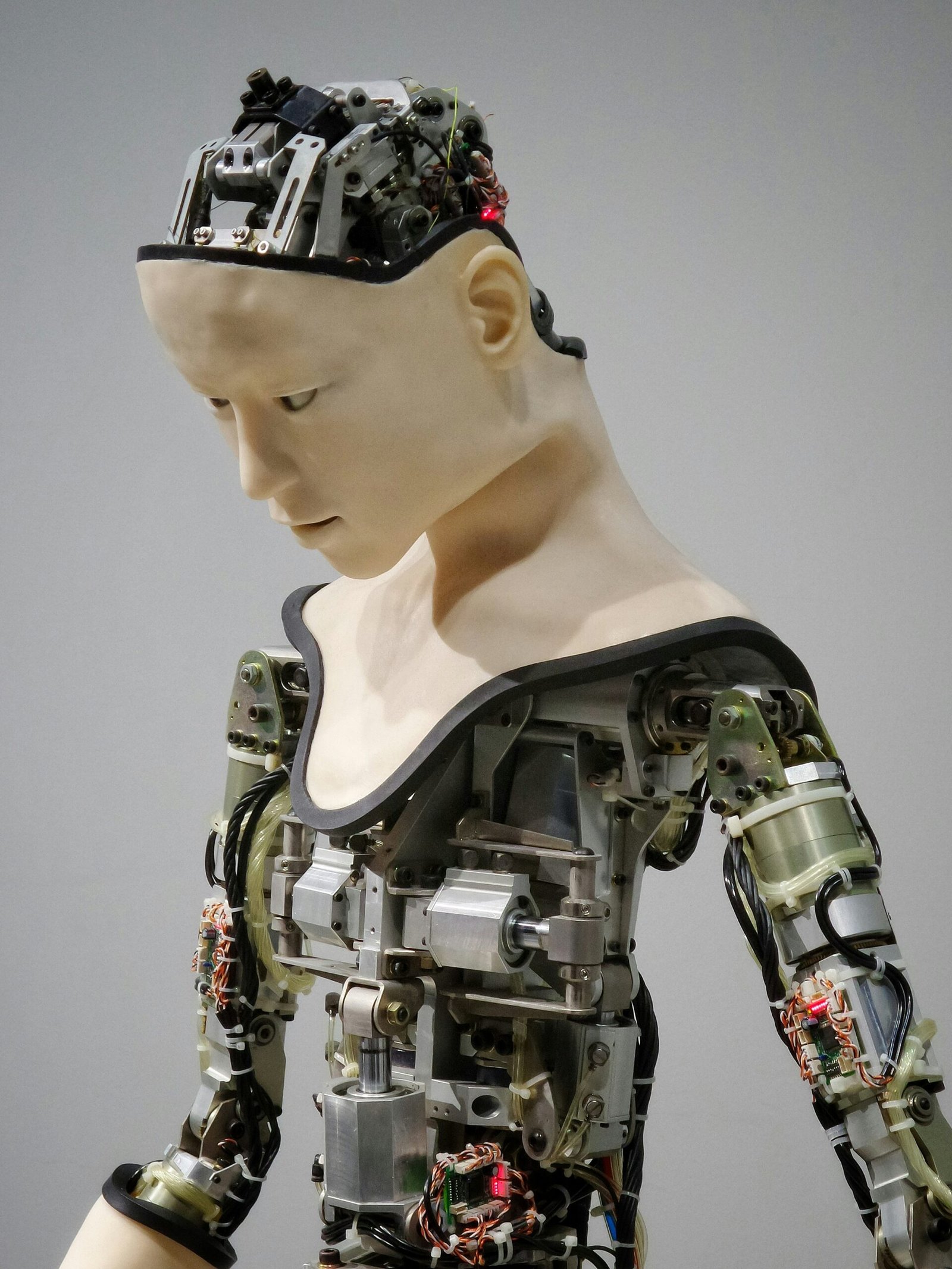As we enter the year 2024, experts at UC Berkeley are closely monitoring the advancements in artificial intelligence (AI) and its implications for society. The field of AI continues to evolve rapidly, offering both promising benefits and potential risks. In this article, we will explore the current state of AI and its applications in various fields, while also addressing concerns about misinformation and the challenges of implementing AI technologies safely.
Applications of AI in Material Sciences and Biomedicine
One of the key areas where AI is making significant strides is in material sciences. Researchers are leveraging AI algorithms to discover new materials with enhanced properties. By analyzing vast amounts of data and running simulations, AI can identify patterns and predict the behavior of materials, leading to the development of innovative solutions in areas such as energy storage, electronics, and manufacturing.
In the field of biomedicine, AI is revolutionizing drug discovery and personalized medicine. Machine learning algorithms can analyze large datasets of genomic information, clinical records, and drug interactions to identify potential drug candidates and predict their efficacy. This approach holds great promise for accelerating the development of new treatments and improving patient outcomes.
Concerns about AI and Misinformation
While the potential benefits of AI are undeniable, there are also concerns about its misuse. One pressing issue is the spread of misinformation facilitated by AI-powered algorithms. Social media platforms and search engines rely on AI algorithms to curate and recommend content to users. However, these algorithms can inadvertently amplify false information, leading to the proliferation of misinformation.
Addressing this challenge requires a multi-faceted approach. AI researchers and developers are working on designing algorithms that prioritize accuracy and reliability over engagement metrics. Additionally, efforts are being made to improve digital literacy, equipping individuals with the skills needed to critically evaluate information and identify false narratives.
The Challenges of Implementing AI Technologies Safely
As AI technologies become more integrated into our daily lives, ensuring their safe and ethical use is paramount. AI systems are only as good as the data they are trained on, and biases present in the data can lead to discriminatory outcomes. To mitigate this, researchers are focusing on developing algorithms that are fair, transparent, and accountable.
Another challenge is the potential impact of AI on the job market. Automation powered by AI has the potential to disrupt various industries and render certain job roles obsolete. It is crucial to develop strategies that facilitate a smooth transition for workers and ensure that the benefits of AI are distributed equitably.
Conclusion
The year 2024 holds great promise for advancements in artificial intelligence. Researchers at UC Berkeley and beyond are actively exploring the applications of AI in material sciences and biomedicine, while also addressing concerns about misinformation and the safe implementation of AI technologies.
By striking a balance between the potential benefits and risks associated with AI, we can harness its power to drive innovation, improve lives, and create a more equitable future.
































